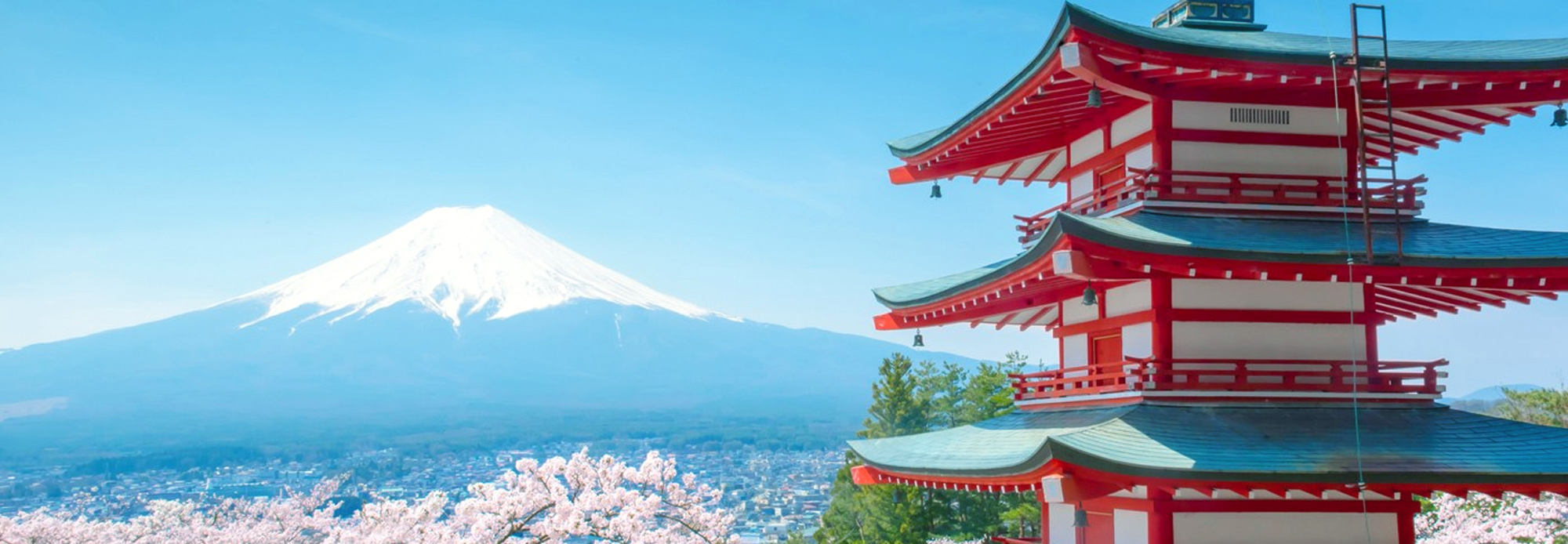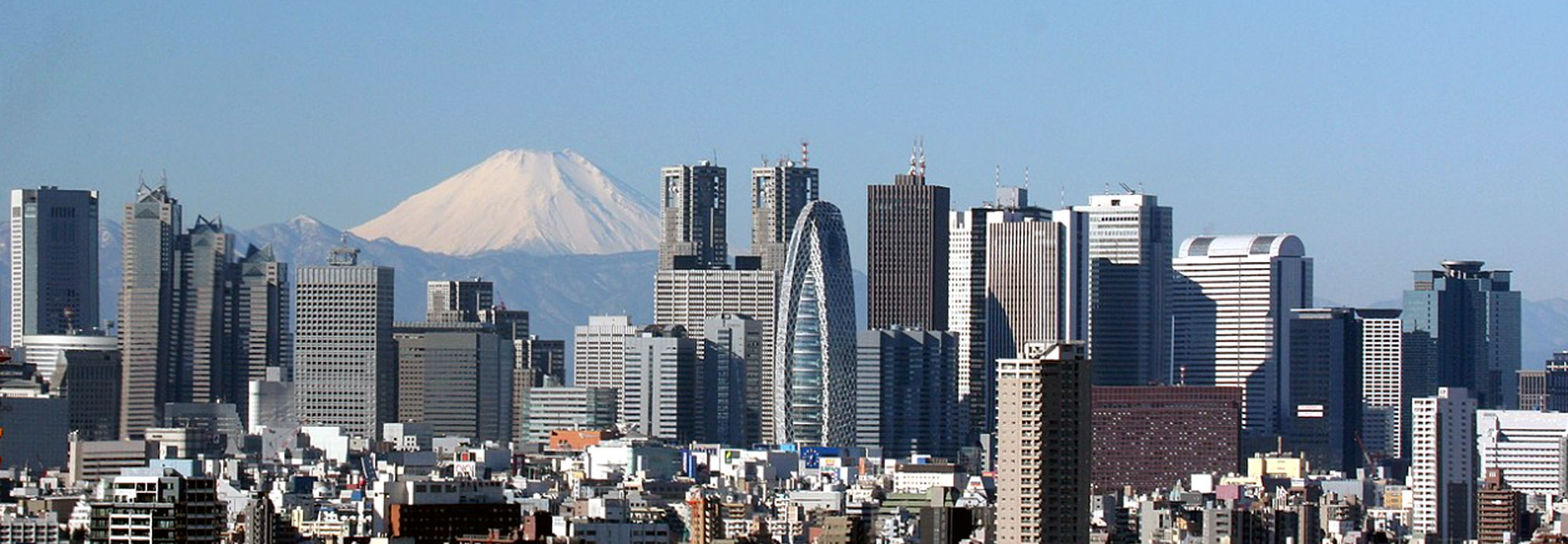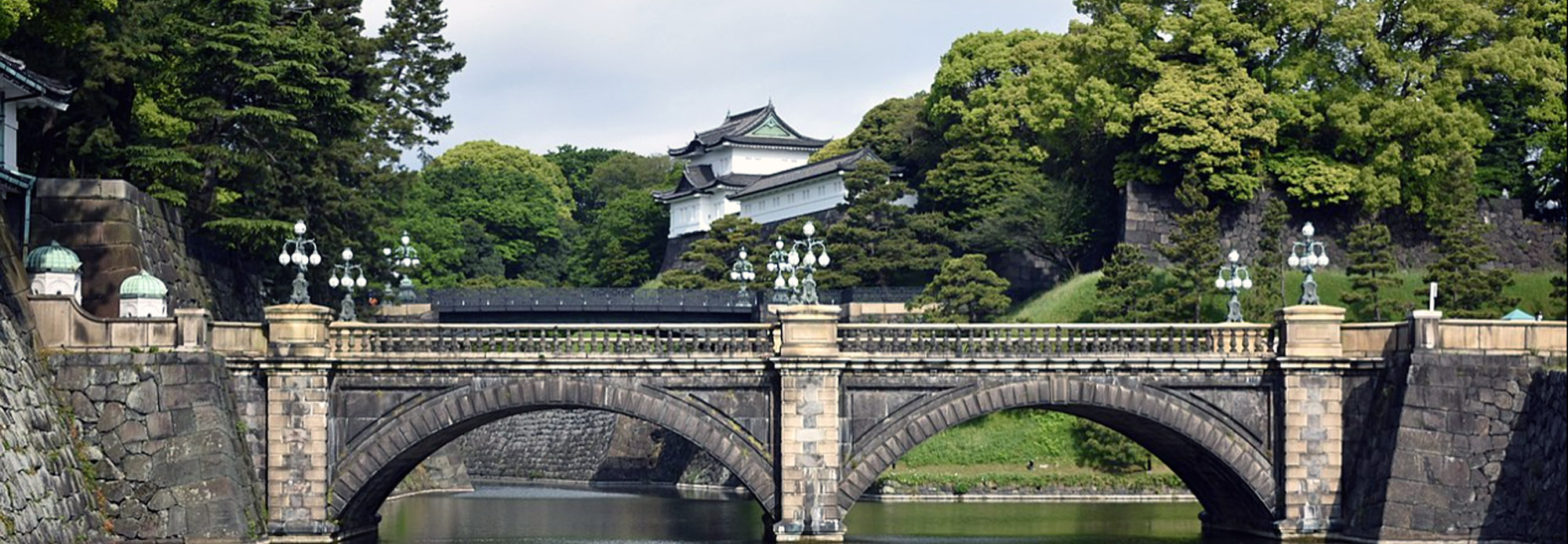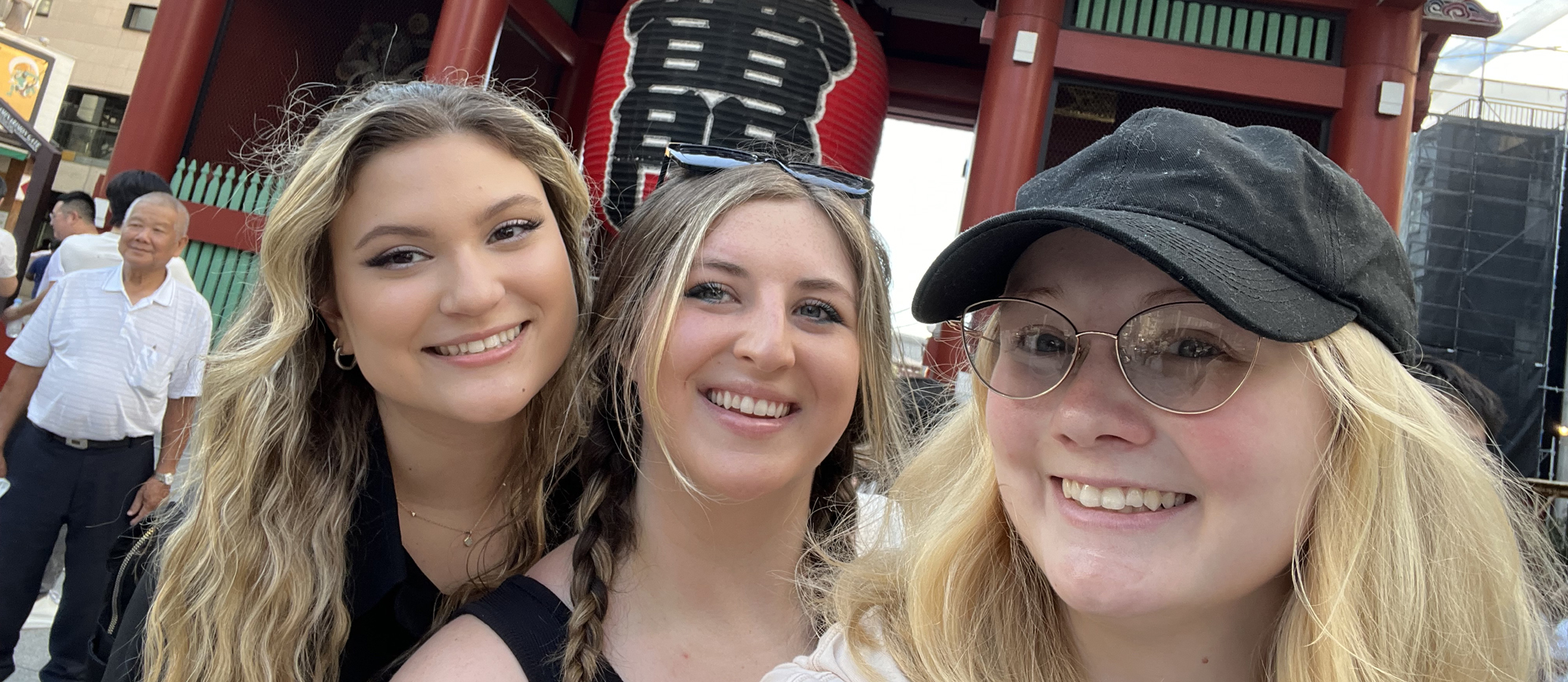JAPAN
Tokyo
Tokyo (東京, Tōkyō) is Japan’s capital and the world’s most populous metropolis. It is also one of Japan’s 47 prefectures, consisting of 23 central city wards and multiple cities, towns, and villages west of the city center. The Izu and Ogasawara Islands are also part of Tokyo.
Prior to 1868, Tokyo was known as Edo. A small castle town in the 16th century, Edo became Japan’s political center in 1603 when Tokugawa Ieyasu established his feudal government there. A few decades later, Edo had grown into one of the world’s most populous cities. With the Meiji Restoration of 1868, the emperor and capital moved from Kyoto to Edo, which was renamed Tokyo (“Eastern Capital”). Large parts of Tokyo were destroyed in the Great Kanto Earthquake of 1923 and in the air raids of 1945.
Today, Tokyo offers a seemingly unlimited choice of shopping, entertainment, culture, and dining to its visitors. The city’s history can be appreciated in districts such as Asakusa and in many excellent museums, historic temples, and gardens. Contrary to common perception, Tokyo also offers a number of attractive green spaces in the city center and within relatively short train rides at its outskirts.
The above description is from Japan-guide.com.
Japan
Japan is a unique country with contrasts of traditional and modern. Modern trends, anime and high-tech are juxtaposed with a culture that stretches back millennia. The characters that make up Japan’s name mean “sun-origin”, which is why Japan is often referred to as the “Land of the Rising Sun”.
Located in the Pacific Ocean, Japan is an archipelago of 6,852 islands. The four largest islands are Honshu, Hokkaido, Kyushu, and Shikoku, which together comprise about ninety-seven percent of Japan’s land area.
Japan’s early history was heavily influenced by China, followed by periods of isolation, and later Western European expansion. From the 12th to the 17th century, Japan was ruled by feudal military shoguns. The Emperor was restored as head of state in 1868. Japan’s military expansion of the late 19th and early 20th centuries, ended in 1945 following the atomic bombings of Hiroshima and Nagasaki. Today, Japan is a constitutional monarchy with an elected legislature.
Japan is a developed country and has the world’s third-largest economy. It is also the world’s fifth-largest exporter and fifth-largest importer. Japan ranks high in metrics of prosperity such as the Human Development Index, with the Japanese population enjoying the highest life expectancy of any country in the world.
QUICK FACTS
- Population of Japan: 128 million
- Population of Akita: 40 million
- Official Language: Japanese
- Currency: Yen
- Local time in Tokyo: GMT+9
- Highest temp in Tokyo: August: 86°F
- Lowest temp in Tokyo: January: 37°F









